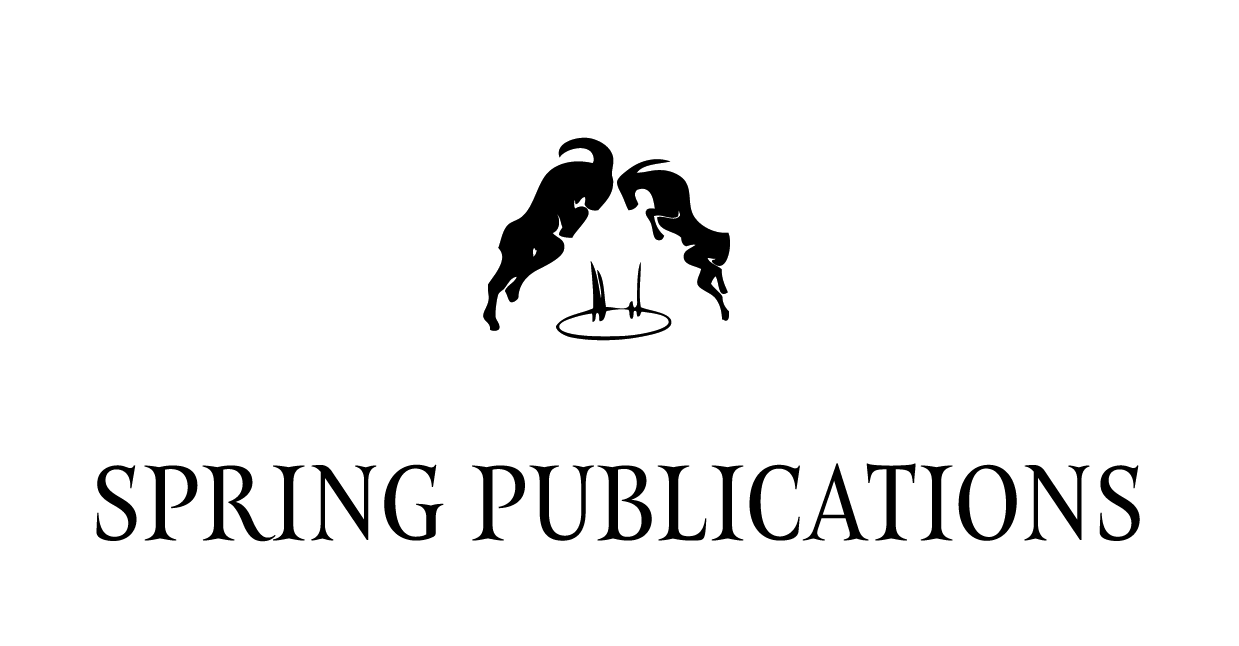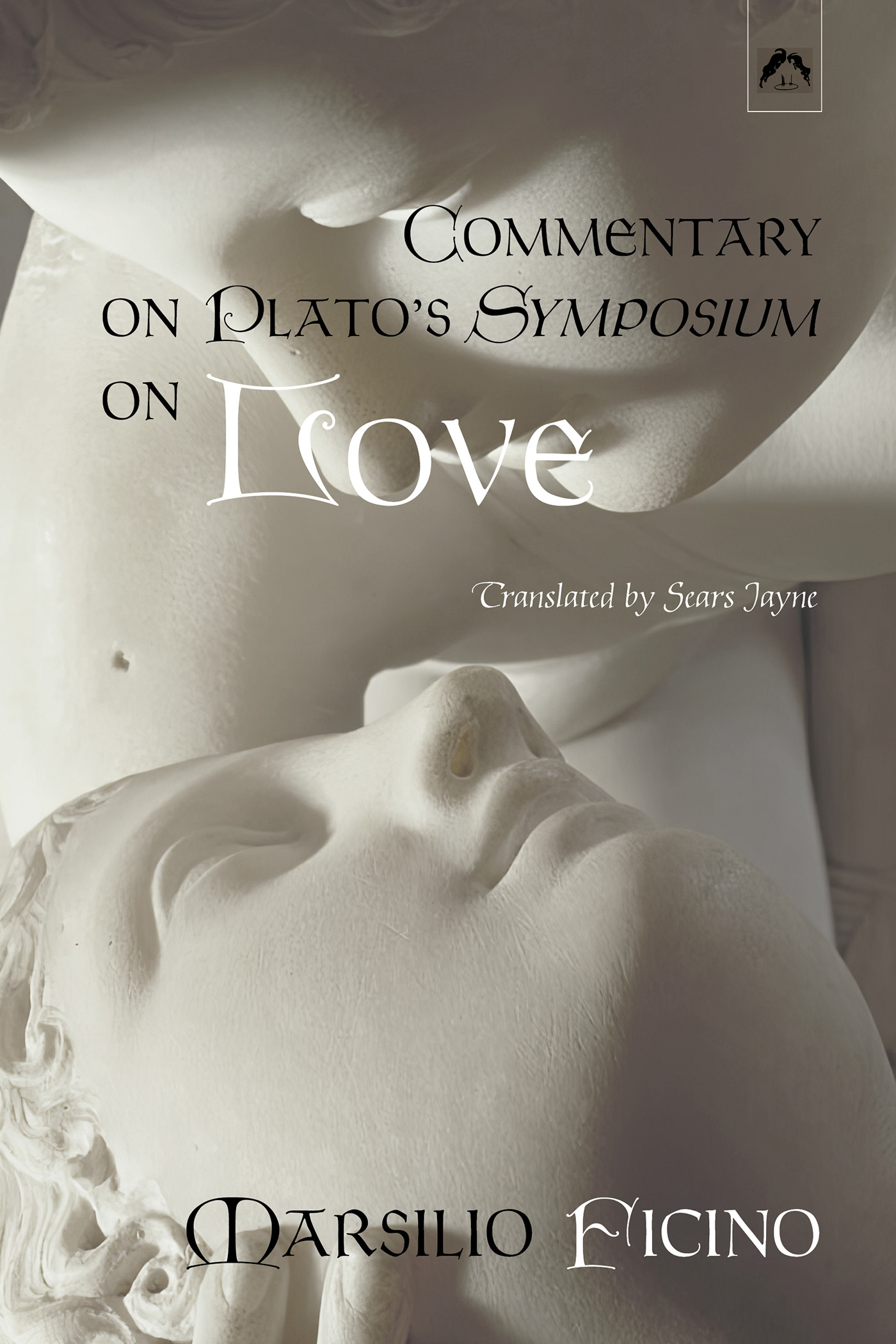MARSILIO FICINO (1433–1499)
One of the most influential humanist philosophers of the early Italian Renaissance, Marsilio Ficino translated the entirety of Plato’s works into Latin, singularly reviving Platonism and setting in motion its penetration of all the arts as well as of philosophy during the Renaissance. Ficino is widely acknowledged as the godfather of archetypal psychology. Ficino turned Western Europe on its psychological ear. His esoteric visions of eros and beauty influenced not only Botticelli and Michelangelo but everyone else since then who cares about love and soul.
COMMENTARY ON PLATO’S SYMPOSIUM ON LOVE
Translated by SEARS JAYNE Third, revised edition, 262 pages, $25ISBN: 978-0-88214-142-8 E-book, $9.99
ISBN: 978-0-88214-143-5
❝
The soul itself is the home of human thought; the spirit is the home of the soul; and the body is the home of this spirit. There are three inhabitants; there are three homes. Giving up its natural home, each of these inhabitants goes into exile. For every thought is devoted not to the discipline and tranquility of its own soul, but to the service of the man beloved. And the soul abandons the service of its own body and spirit and tries to leap across into the body of the beloved. But while the soul is hurrying elsewhere, the spirit, which is the chariot of the soul, is also flying out elsewhere, in sighing. And thus thought leaves its home, the soul leaves its home, and the spirit leaves its home. The first departure is accompanied by madness and restlessness; the second, by weakness and the fear of death; and the third, by nervousness, trembling, and sighing.
—MARSILIO FICINO, from SPEECH VI

